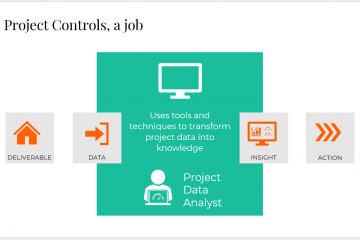I recently attended a live concert of Sting in Grenoble, France. Until that moment, I had forgotten his song “Russians”. Bombastic, clearly from another time, perfectly echoing the Cold War tensions. Listen to the text! I suddenly realized that Sting was singing an important lesson about negotiation. A lesson, still as relevant today as it was 35 years ago, about the importance of building rapport in negotiations, also in the most difficult ones.

Our popular series Contract Management & Music is about how to reflect on contractual issues and have fun at the same time. Let’s do this by looking at some quotes from Sting’s song. And you can listen at the same time by clicking here:
Hysteria and threats, often the unfortunate starting point of difficult negotiations
There’s a growing feeling of hysteria
Conditioned to respond to all the threats
In the rhetorical speeches of the Soviets
If you have participated to enough difficult high-stakes negotiations, it will be no surprise to you that, so often, they go quite crazy. Hysterical!
Threats are poison in negotiations. People feel obliged to defend themselves, conditioned to respond. A negative spiral, leading to a lose-lose negotiation. Either party is willing to accept some losses in order to make sure the other is losing too … is losing more! In the Cold War, that was investing in arms rather than hospitals and schools or participating in proxy wars where there was nothing to win … and a lot to lose.
Why would we change the way we negotiate?
A single negotiation can be like a battle. You can win the battle. But can you win the war?
There’s no such thing as a winnable war
It’s a lie we don’t believe anymore

There’s no such thing as a winnable war (in business). In a win-lose negotiation, the losing party will feel hurt and will be looking for revenge. With enough time, in the small business world, an opportunity for revenge will come. Value is created through collaboration not through war. Creative negotiation is what will make you succeed in the long run.
So, what can we do (in difficult negotiations) to get back on track?
Build rapport in difficult negotiations on common ground
Easy to say, that we must be creative, that we need to be collaborative. But what if we are in a “Cold War” situation? How do we get out of it?
First step is to come out of tribal thinking:
There is no monopoly of common sense
On either side of the political fence
We need to recognize, within ourselves, that the other party also has its arguments, a valid point of view. As long as we are not clear on this internally, it will show on the outside and we can’t create trust.
We share the same biology
Regardless of ideology
What might save us me and you
Is if the Russians love their children too

Actively look for the common ground, the place we can already connect without negotiation and concessions. In the song, for the Cold War situation, it is about realizing that both parties love their children and therefore want a future for their children. If the Russians love their children, and we do, then we can work out something together rather than moving into “hot war”. We can work on creating a better future for our children. That opens a lot of possibilities for mutually satisfactory deals.
Conclusion
In the most difficult negotiations, or just regular ones, rather than starting an argument fight, it is far more important to:
- Build rapport in negotiations;
- Find the common ground;
- Identify the foundations on which we can build and create value during a collaborative negotiation.
Thank you Sting to illustrate this so clearly in your song “Russians”.
About AfiTaC
AfiTaC.com is the blog on commercial and contractual subjects for the Project Businesses (Construction, Infrastructure, Oil & Gas, Power & Renewable, Water Supply & Sanitation, etc). Its objective is to stimulate reflection, learning, convergence to balanced contracts and positive dispute resolution. You can subscribe to our newsletter by writing to “newsletter@afitac.com”. You can also connect to our LinkedIn page. Engagement with the readers is what keeps us going. So, don’t hesitate to exchange with us by commenting here below, liking our publication on LinkedIn and writing to us “info@afitac.com”.


0 Comments